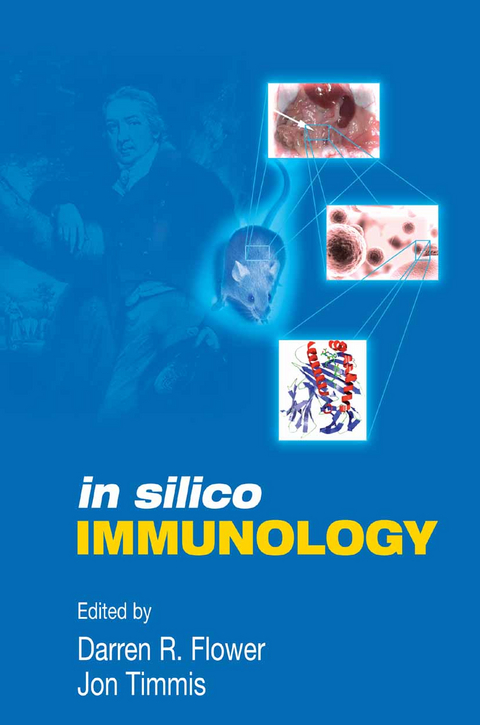
In Silico Immunology
Springer-Verlag New York Inc.
978-1-4419-4264-7 (ISBN)
Whatever its final readership and impact, we, the Editors, feel this book is im portant. It addresses the realisation that there is a deep and abiding synergy, albeit one only now being properly explored and exploited, between immunol ogy and computational science. This area of intersection we christen in silico immunology. Immunology is an inspiration for computational scientists seek ing practical and philosophical metaphors for their work; but, at the same time, it is itself a biological discipline of such discombobulating complexity that only computational help as different as simulation and data warehousing can make its modern study tractable. Thus immunology both inspires but also requires computational science. This book deals in detail with the three main areas of in silico immunology: theoretical immunology, immunoinformatics, and artificial immune systems. While all of these are now well-established the interactions between the three are only beginning to be developed. It is a truly exciting time to be working in in silicio immunology. We are reaching a critical mass that will enable great strides to be taken and significant achievements to be made. Like David Hume, we may yet come to regret that this book falls still born from the press but we hope not. Hopefully it will instead strike a cord and tap into a burgeoning Zeitgeist ready to capitalise on the remarkable potential that is in silico immunology.
Overview of the book.- Overview of the book.- Introducing In Silico Immunology.- Innate and Adaptive Immunity.- Immunoinformatics and Computational Vaccinology: A Brief Introduction.- A Beginners Guide to Artificial Immune Systems.- The Nature of Natural and Artificial Immune Systems.- Computational Models of B cell and T cell Receptors.- Modelling Immunological Memory.- Capturing Degeneracy in the Immune System.- Alternative Inspiration For Artificial Immune Systems: Exploiting Cohen’s Cognitive Immune Model.- Empirical, AI, and QSAR Approaches to Peptide-MHC Binding Prediction.- MHC diversity in Individuals and Populations.- Identifying Major Histocompatibility Complex Supertypes.- Biomolecular Structure Prediction Using Immune Inspired Algorithms.- How Natural and Artificial Immune Systems Interact with the World.- Embodiment.- The Multi-scale Immune Response to Pathogens: M. tuberculosis as an Example.- Go Dutch: Exploit Interactions and Environments with Artificial Immune Systems.- Immune Inspired Learning in a Distributed Environment.- Mathematical Analysis of Artificial Immune System Dynamics and Performance.- Conceptualizing the Self-Nonself Discrimination by the Vertebrate Immune System.
| Erscheint lt. Verlag | 4.11.2010 |
|---|---|
| Zusatzinfo | 89 Illustrations, black and white; XVIII, 451 p. 89 illus. |
| Verlagsort | New York, NY |
| Sprache | englisch |
| Maße | 155 x 235 mm |
| Themenwelt | Mathematik / Informatik ► Informatik ► Theorie / Studium |
| Mathematik / Informatik ► Mathematik ► Angewandte Mathematik | |
| Studium ► Querschnittsbereiche ► Infektiologie / Immunologie | |
| Naturwissenschaften ► Biologie ► Biochemie | |
| Naturwissenschaften ► Biologie ► Genetik / Molekularbiologie | |
| Naturwissenschaften ► Biologie ► Mikrobiologie / Immunologie | |
| ISBN-10 | 1-4419-4264-5 / 1441942645 |
| ISBN-13 | 978-1-4419-4264-7 / 9781441942647 |
| Zustand | Neuware |
| Informationen gemäß Produktsicherheitsverordnung (GPSR) | |
| Haben Sie eine Frage zum Produkt? |
aus dem Bereich


